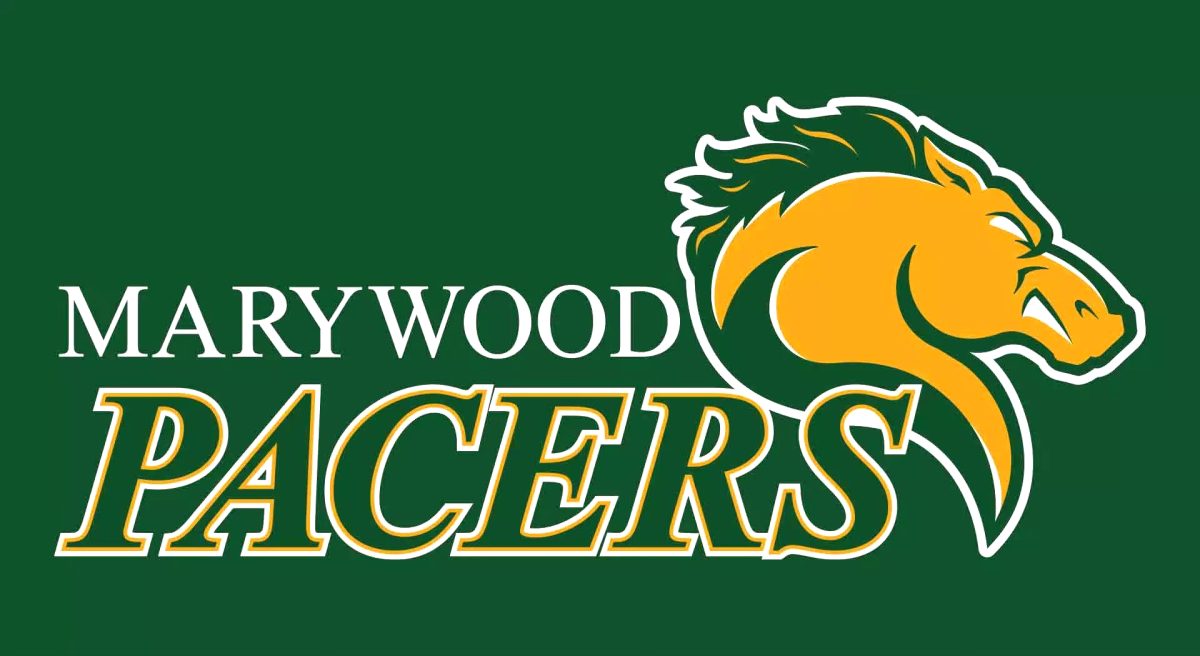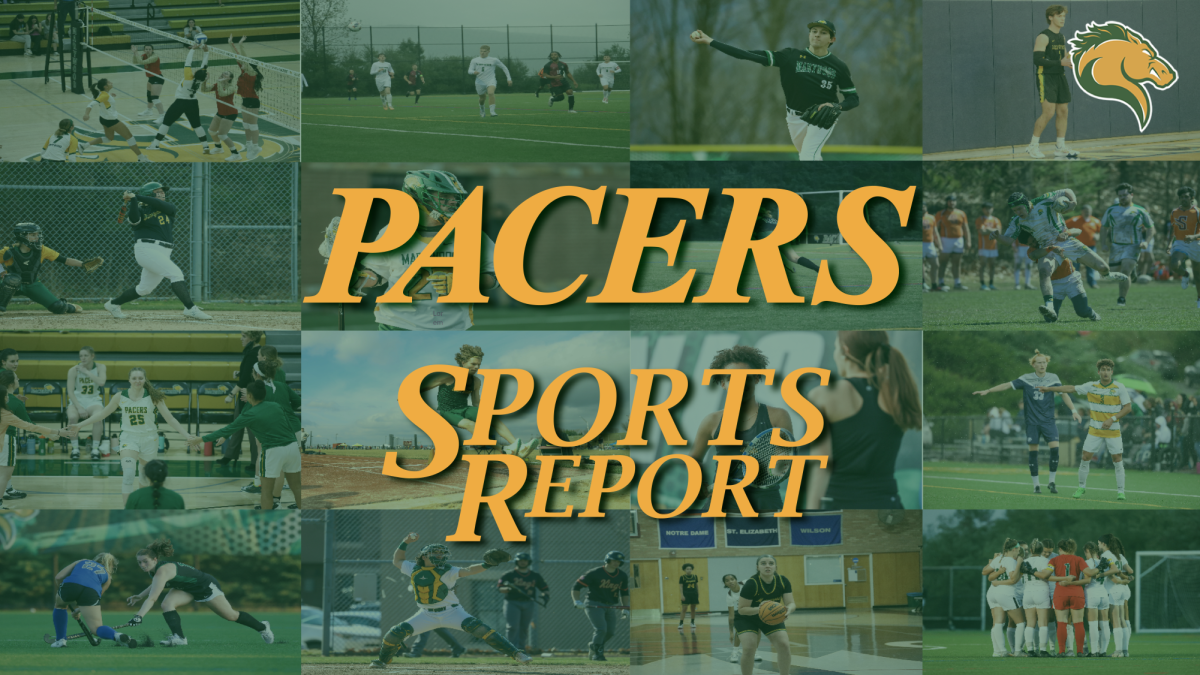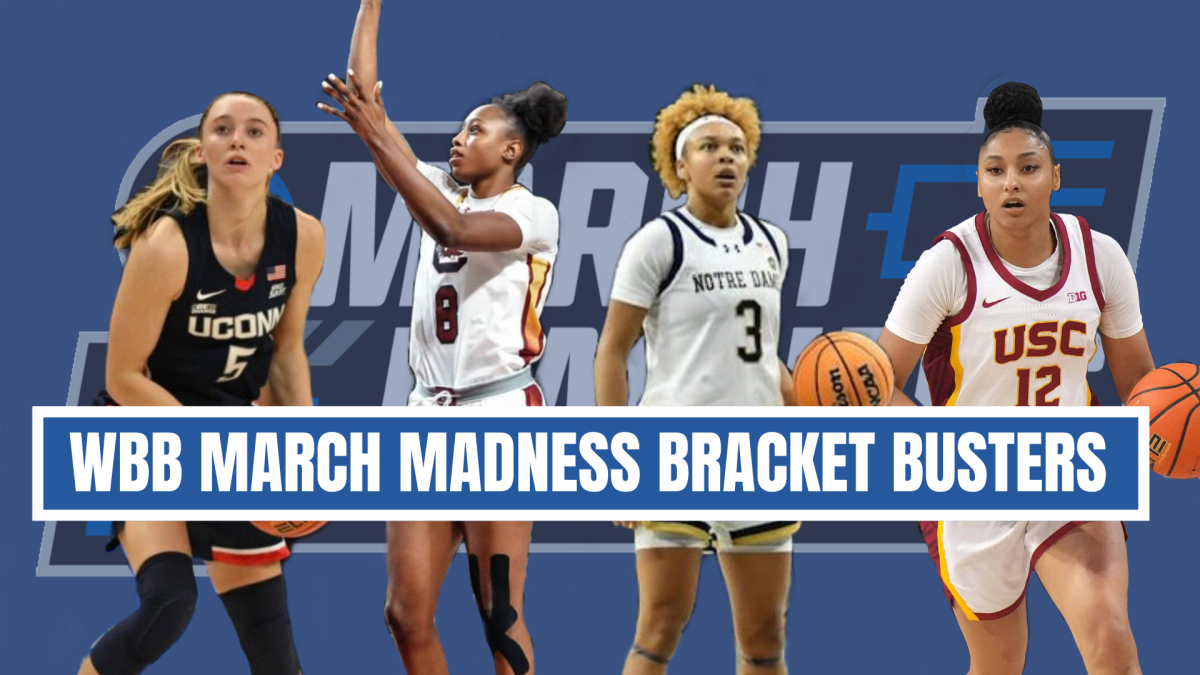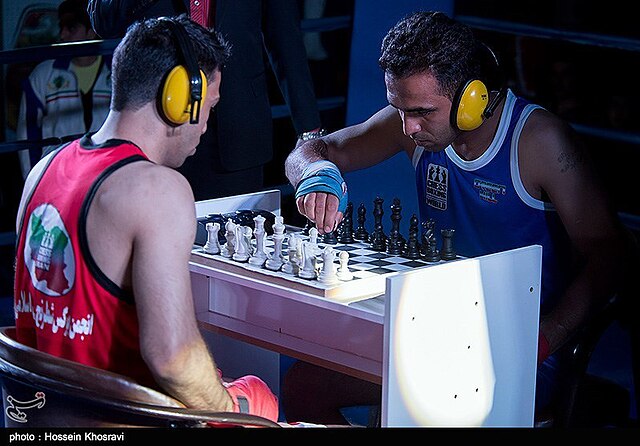At the end of August, the NFL settled a lawsuit with former NFL players who claimed brain damage resulting from concussions sustained on the field. According to The Washington Post, the deal resulted in a pay day of reportedly $756 million for more than 4,500 former players with brain damage.
As a result, all aspects of the sporting world are paying more attention to the long-term affects concussions may have on athletes. The mentality that an athlete should continue playing while concussed or play through the injury is coming to an end.
At Marywood, athletic trainers are also taking actions to address the issue with student athletes.
Athletic trainers now have a better understanding of the signs and symptoms of concussions. The athletic training staff at Marywood follows strict protocols to help student athletes return to health.
Melissa Knabel, the head athletic trainer at Marywood, explained how the trainers treat an athlete who has sustained a concussion.
“It starts with an assessment of the athlete off the court or field, with simple questions which increase in difficultly, as well as balancing tests,” Knabel explained. “If the athlete shows any signs and symptoms of a concussion, they aren’t allowed to return to the playing field.”
These tests help the trainer to assess whether an athlete is clear to play. If the athlete continues to struggle with concussion symptoms, they could begin to affect his or her school work, according to Knabel.
To ensure that students are fully aware of concussions and their symptoms, the trainers work to educate student athletes. “We provide students with information about concussions, which helps them understand the signs and symptoms. But there is always
new information coming out every day,” Knabel said.
Rachel Tollett, a hosipitality management major who plays on Marywood’s volleyball team, said she was provided with information on concussions before the start of the season.
“Every year, there is a presentation about [the signs and symptoms of] concussions when we come back to Marywood,” Tollett said.
Prior to coming to Marywood, Tollett said she had experienced two concussions playing high school sports.
“When I was in high school there was little information about concussions, but when I got to Marywood, they told us a lot of information about concussions,” said Tollett.










